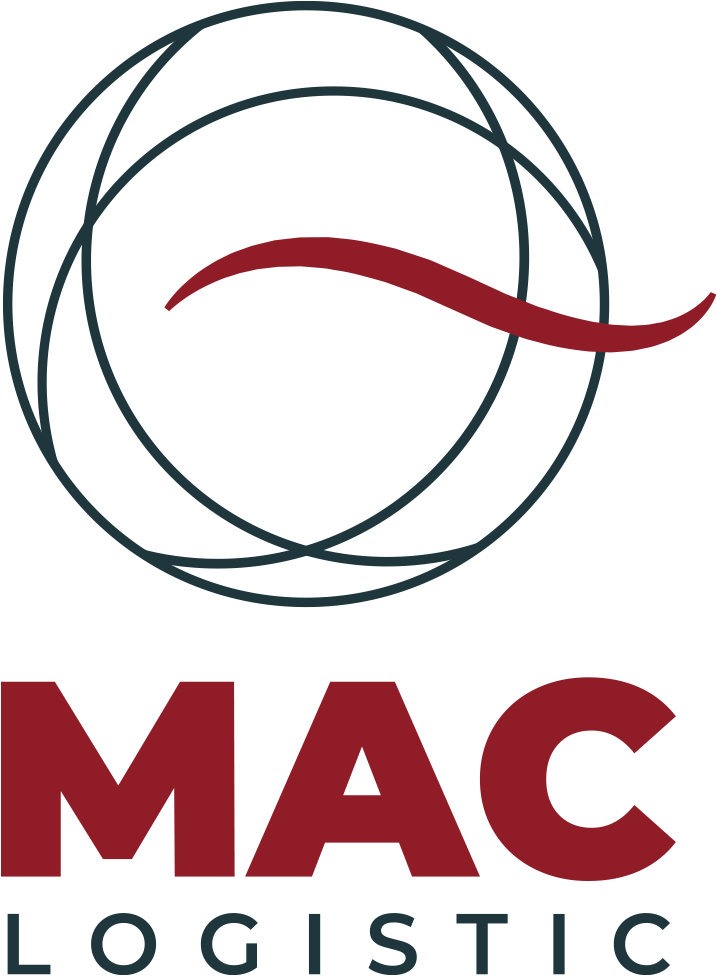
Very common themes in the corporate environment in recent times, crisis management and compliance have become essential areas for all types of companies from the most varied branches that seek to expand and prepare themselves for the market. For now, crisis management and compliance are not areas completely separated from the others, but protocols that are planned and inserted to minimize different risks to the business.
WHAT IS CRISIS MANAGEMENT?
Crisis management goes hand in hand with risk management. The different sectors of the company should analyze the different problems that the company may face in various areas and how each of these problems will affect the public perception of the company to customers and the general population. After mapping the risks and how each of them can affect your business, it is important to look for ways of dealing with them if any of them should occur.
Crises can often be managed, but almost never avoided and eventually every company and business will go through a crisis. The important thing to determine its size is the internal management capacity and planning to deal with this crisis. Moreover, often regardless of the planning and management, certain information or external events can increase or decrease the crisis, the important thing is to try to maintain control of the situation and anticipate the next steps.
When a crisis begins, it has no end date, even with efficient planning and risk mapping. Therefore, the proper conduct in a crisis management is to understand that it is a long-lasting process, which can extend beyond the public eye and avoid it to happen again even after it is pacified.
AND COMPLIANCE, WHAT THAT IS?
Increasingly implemented in large companies, compliance is one of the ways found to reduce the risks of a possible crisis. Through a corporate process that assesses ethical risks that can be committed by employees, helping with the development of corporate processes to reduce and control ethical dilemmas internally and make sure that all employees are following the company’s rules correctly.
This system needs constant monitoring, with communication channels open so that employees can speak up and report ethical problems and problems against the company’s rules that they may encounter or witness in their day-to-day work.
A well implemented compliance system with good internal communication channels has proven to be essential for the prevention of possible crises and to correctly manage the company’s reputation, making sure that employees, stakeholders, and the public understand that the company has the right mechanisms to maintain an ethical environment.



